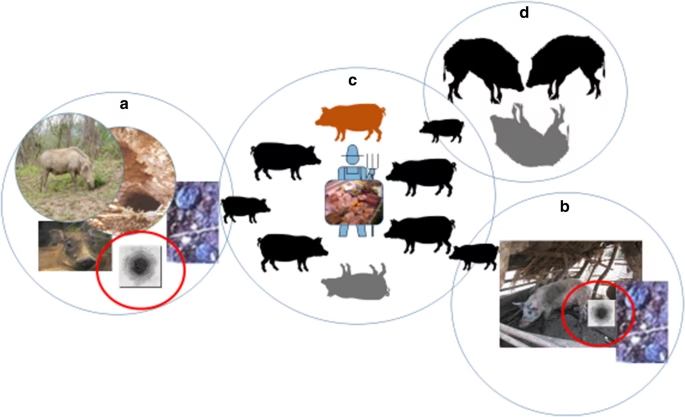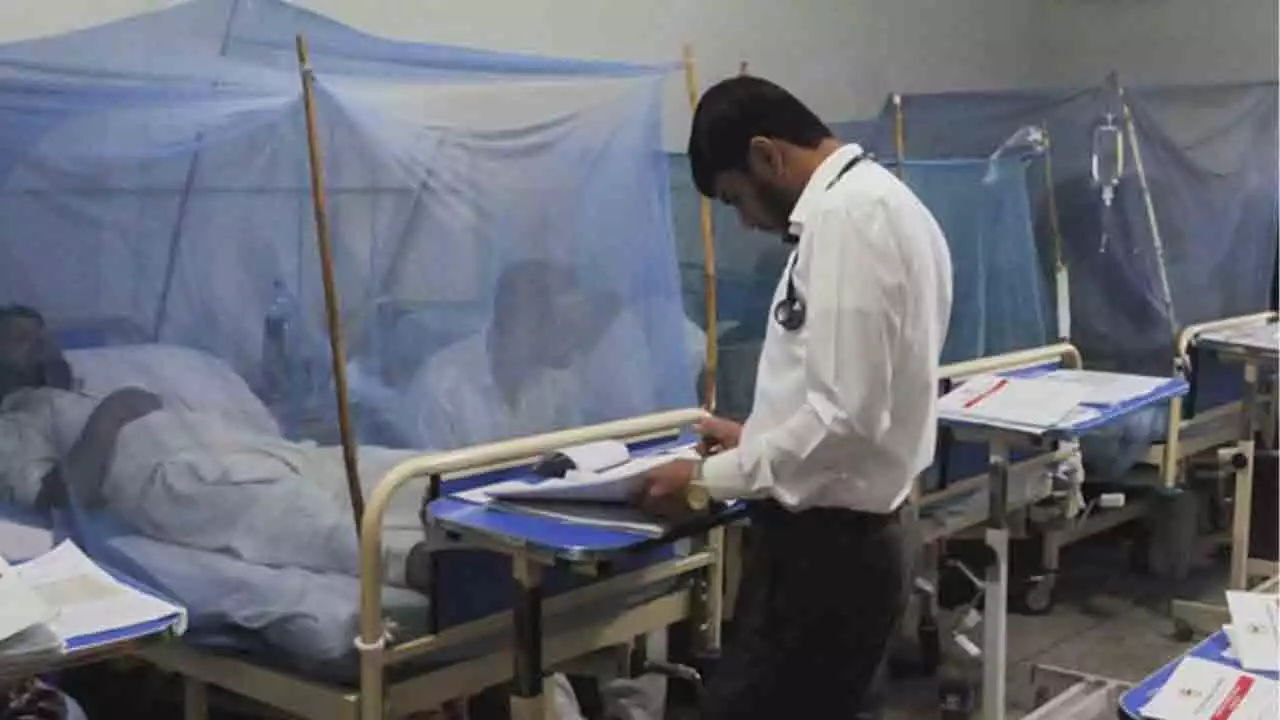Here’s a concise breakdown of what’s happening and why it matters:
The Outbreak
- Location: Wuqi District, Taichung (central Taiwan)
- Detected: Earlier this month, after samples from dead pigs tested positive for ASF.
- Response: 195 pigs culled to contain the outbreak.
- Containment Zone: A 3 km (1.9 mile) control zone has been established to halt further spread.
- Restrictions:
- Movement and slaughter of pigs banned for five days island-wide.
- Active surveillance underway across all pig farms.
About African Swine Fever (ASF)
- Impact: Deadly for pigs but harmless to humans.
- Transmission: Via contact with infected animals, contaminated feed, or surfaces.
- Mortality Rate: Often approaches 100% once an outbreak occurs.
Economic Significance
- Taiwan has about 5 million pigs and a pork industry worth NT$70 billion (≈US$2.3 billion) annually.
- A widespread outbreak could severely affect domestic meat supply, export potential, and farm livelihoods.
Government Response
- President Lai Ching-te has urged calm but warned for “high vigilance.”
- Local authorities and farmers have been instructed to report any abnormal pig deaths immediately.
- Biosecurity checks have been tightened at ports, farms, and processing facilities.
Regional Context
ASF first swept through China in 2018, wiping out millions of pigs and disrupting global pork markets. Neighboring countries like Vietnam, the Philippines, and South Korea also suffered severe outbreaks. Taiwan had, until now, successfully kept the virus out through strict quarantine measures and coastal inspections.



